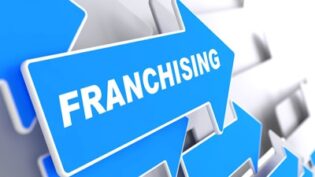
I am looking for an operating agreement that I could use for a new start-up business. I am a 75% shareholder and my partner is 25%. This is a corporation and some issues that need to be resolved are: if one of the partners dies and the other partner wants to buy out their shares, how to determine profit so there is no disagreement on expenses made by the majority shareholder that would affect the minority shareholder’s income. Is there a standard accounting for this?
Answer:
A. Business Buy/Sell Agreement: Typically, any buyout contingency plans for partnerships or corporations are outlined in a buy/sell agreement. For consideration and drafting with your lawyer, you can locate sample buy/sell agreements (some free and some for a fee) that you can copy or otherwise use to prepare your document at the following legal and business websites:
Templates and sample documents can be very useful but businesses should exercise caution in the use of such documents. Understand that not all templates are created equal, with many being created for a narrow set of requirements. A particular template will not be warranted to cover every provision that may be required by a particular set of business circumstances. Studying the language included in various samples and templates will improve your level of understanding related to the subject of your particular agreement and may help you articulate your business objectives related to an agreement, but be aware that many, perhaps most, agreements should be prepared by your lawyer to provide greater assurance that your interests have been protected.
B. Profit Sharing Considerations: It is true that small companies may not always follow Generally Accepted Accounting Practices or have independent audits of their financial statements. Generally speaking, owner/officer salaries, fringe benefits and other disbursements among owners may vary from common accounting practices and/or IRS regulations. For example, business valuation adjustments for unusual business expenditures can be explained in a buy/sell agreement. Also, a buy/sell agreement could require an independent audit of the financial statements or an independent appraisal of the business for valuation purposes. We recommend that you consider your business owner expenditure concerns with your lawyer and your CPA or accountant, in order to develop the proper business valuation formula or other recommended wording for your buy/sell agreement.
2831 Views












